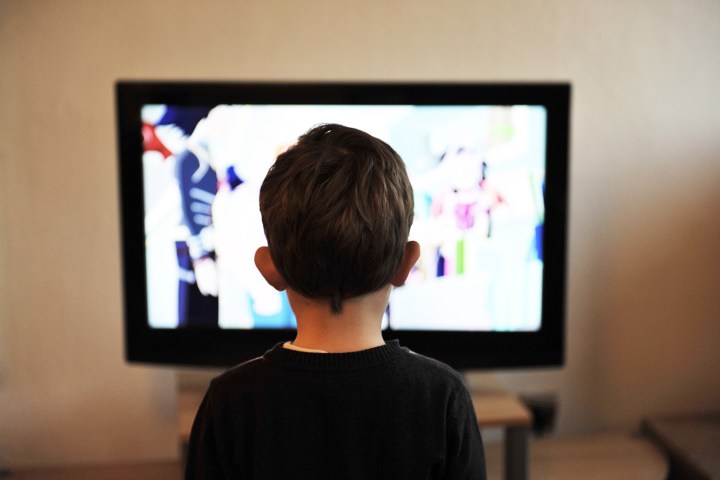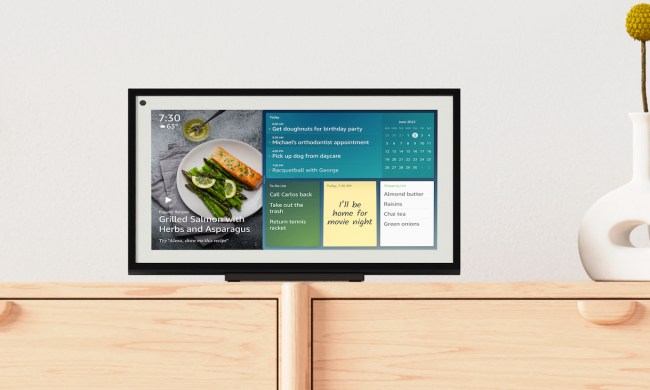
Inventors Kenneth M. Karakotsios and Issac S. Noble developed gaze-assisted object recognition — a technology that may change the way we interact with the world around us. Using a pair of glasses, you could control connected devices by looking at them and speaking a command. It could also let you get information about objects and people you look at.
You could look at a book, for instance, and information like the author, a description, related books, pricing, and purchasing options could show up on your device’s screen. Essentially, this makes it so you can stare at a product you like and immediately get information about it and have the option to buy it.
Gaze-assisted object recognition may also make it so you can stare at a connected device, like your lights, thermostat, or television, and say “on” to power them up. You could make a gesture with your hand to change the volume, or make other gestures or movements to change the channel.
In a business setting, Amazon’s patented technology could help with networking. The glasses may be configured to recognize faces and connect to an audio input and output. Therefore, when you enter a room, you can get information about everyone, like their names and roles in the organization. No more forgetting whether it’s Bob or Bill who works in accounting.
The glasses part makes it reminiscent of Google Glass, which the company hasn’t entirely abandoned. Amazon’s device-control aspect is an interesting addition, especially if it helps you turn on a light without having to remember whether you named it “Lamp One” or “Lamp Two.”


